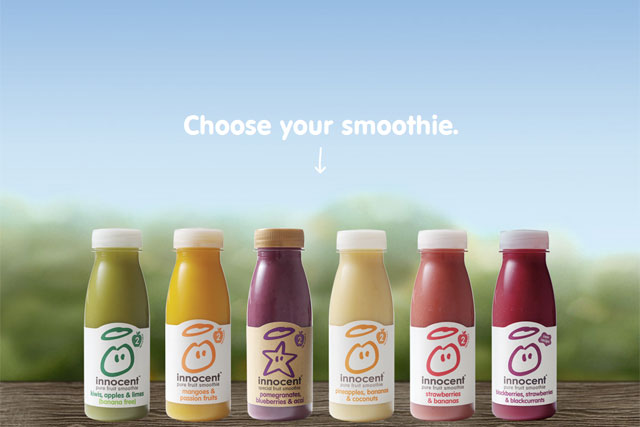Some people think I’m obsessive compulsive. They come to my house and it’s a little too neat and tidy; papers in nice piles and fruit oh-so-artfully balanced in the bowl. But I have a dirty little secret. Open the drawers and they’re crammed, brimming with life’s detritus: plastic cups from long-forgotten picnics; out-of-date parking permits for boroughs I no longer live in; baking parchment. I’m not even sure I know what baking parchment is, but it’s in there.
Brands are like this too. They spend millions on oh-so-clever ad campaigns, but you don’t have to look very far to find horrors they think we won’t notice – especially when it comes to language. They’ll say fantastic offers are "subject to availability".
Virgin Atlantic, hugely charming when you get on board a plane, tell you in their terms and conditions that "We will provide carriage only to the passenger named on the ticket, and you may be required to produce appropriate identification". The Ben & Jerry’s website tells you that "you consent to our use of cookies on this device in accordance with our cookie policy unless you have disabled them".
If you’re happy to settle for lazy predictability when it comes to this stuff, what does it say about how much your brand cares about the details of its service?
What’s the problem, you might ask. This is just the generic language of operations or legal. Well yes, these are little bits of writing in the scheme of things. But if you’re happy to settle for lazy predictability when it comes to this stuff, what does it say about how much your brand cares about the details of its service?
Every one of these moments is a missed opportunity to make an impression. To say something human, or funny, or surprising. And when you do, the results can be just as unexpected. When we run writing workshops, we often ask people to bring along a bit of business writing they admire. It’s amazing how often people bring along something seemingly insignificant that struck a chord with them: Ts and Cs they could actually understand, or a cute error message online (like: "Hold your clicks a moment please. Flickr has the hiccups. We’re looking into the problem right now").
One woman in the US brought along a receipt from the outdoors brand Prana. It had a quote on the back that she liked, so she kept it in her purse ("Success seems to be largely a matter of holding on after others have let go"). For five years. And every time she goes in and out of her purse, she sees that Prana receipt. Let’s say she does that three times a day; that’s over 5,000 times so far, at a conservative estimate. How’s that for ‘share of mind’?
And if you’ve ever told someone about a funny train driver who deviates from the usual "we’re sorry for any inconvenience caused" to tell you about his marriage, you’ll know what I’m talking about.
That’s why I was thrilled when we convinced one client to replace "subject to availability" with "when they’re gone, they’re gone". And why I’m desperate for Ben & Jerry’s to turn the standard alert about their cookies policy into, well, a gag about cookies.
Go and count up the nooks and crannies your business could be making more of: yes, Ts and Cs – but also your visitors’ badges, your out-of-office messages. Heck, maybe even the bottom of your packaging (for a while, Innocent’s bottles had "Stop looking at my bottom" embossed in the plastic). Some of them will take you seconds to rewrite, but one of them might be the quote an enthusiastic customer reads 5,000 times.


